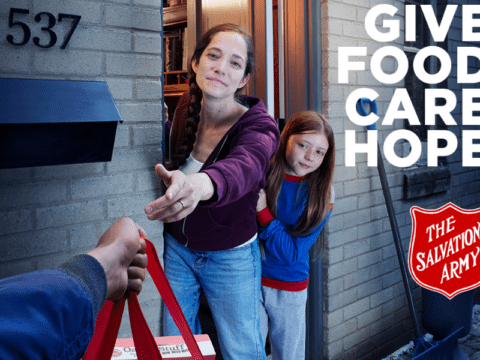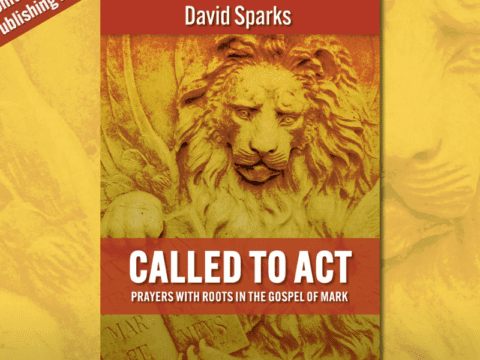I’m not actually a United Church policy wonk – I haven’t even read The Manual – but I do understand that aside from statements of faith, what keeps our denomination whole is that in the United Church of Canada, no one owns anything and yet we all own everything on behalf of each other, the wider church. We are all called to care for this shared abundance together and to commit our own resources of time and money to the vision of an unfolding and flourishing church.
Power in the United Church flows upwards from the grassroots folk in pews. This means that a small country church in rural Manitoba with limited resources of people and wealth should have the same voice as a wealthy cathedral-sized church in downtown Edmonton.
You may unsubscribe from any of our newsletters at any time.
But as we all know, voice, influence and resources aren’t shared evenly across our denomination. Can we imagine a world where these two very different communities of faith felt responsibility for each other’s sustainability? As society’s relationship with Christianity shifts and natural growth declining, individual congregations are seeing the resources they steward as only theirs, to do with as they want.
When each community of faith is left to sort out its own household, without a critical eye, we are losing a golden opportunity to consider how United Churches could do more ministry and meaning-making with collaboration instead of competition. We are also ignoring how class, race, location, and history impact who can manage year over year deficits, and who can’t.
Recently, through my work providing stewardship support and training, I met with a group of leaders because their thirty-some-year-old congregation has begun to struggle. In 2019 and for a decade before that, this congregation was growing. The financial gifts coming in were enough to pay the bills and the mortgage, and to plan for growth. Then the pandemic hit. Now the congregation is struggling financially and needs to make difficult decisions around programs, staffing and more. This community does not have a long-term investment income to draw from simply because they have not existed long-term.
One of our sacred stories tells of Jesus, outside Israel healing fellow Jews. He is approached by a Canaanite woman with a sick daughter, who is full of desperate hope. She comes to Jesus certain that he has enough power, or love, or grace to heal her daughter. At first Jesus ignores her, then unkindly compares her to a dog. Eventually her conviction and faith, that he is enough not only for the house of Israel but for her too, changes Jesus’ heart. He sees the abundance that was always there, and his ministry is cracked open to spill beyond his people.
Who will be our Canaanite woman helping us see our abundance? How can we let our hearts be changed like Jesus and see that our communities of faith exist to share, and that our ministry grows when we look outside our own door? If we are all trustees of this United Church of ours, we must share what we have, focusing on ministry and meaning-making and letting go of competition and fear.
The Spirit is dynamic and creative, pushing us outside of the social convention of “every church for itself” and into a place of truth-naming and acknowledged abundance. As individuals, as communities of faith, as a denomination and beyond, we are all capable of having a change of heart just like Jesus; that we are all trustees and are responsible for each other.
***
by Vicki Nelson, Community of Faith Stewardship Support staff for Pacific Mountain, Chinook Winds, Northern Spirit, Living Skies and Prairie to Pine Regions of the United Church of Canada.














We Are All Trustees. A noble idea and a challenging quest. What is needed is a coordinated plan to carry it out.
Where are the examples out there where two or more United Churches supported and sustained each other without any one of them having to fold? If there are any, how can the process be applied or tweaked on a larger scale?
If a model of support and sustainability can be shown to be successful, then maybe it can be applied across the whole church.
We are all trustees” is a good Thanksgiving weekemd message, thank you